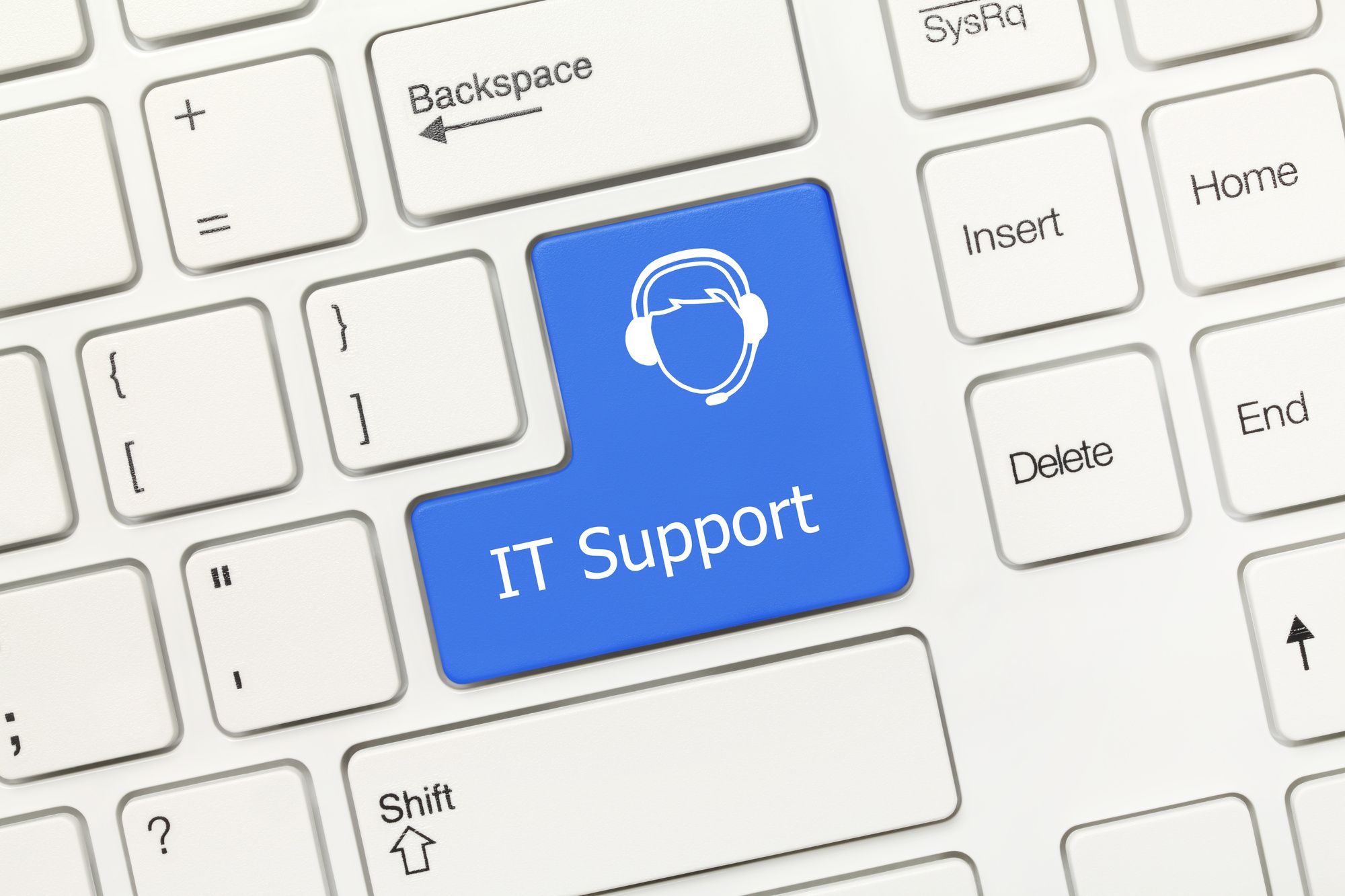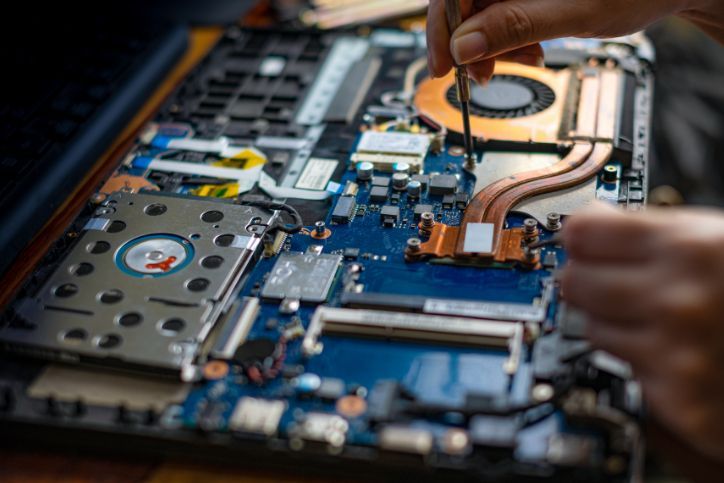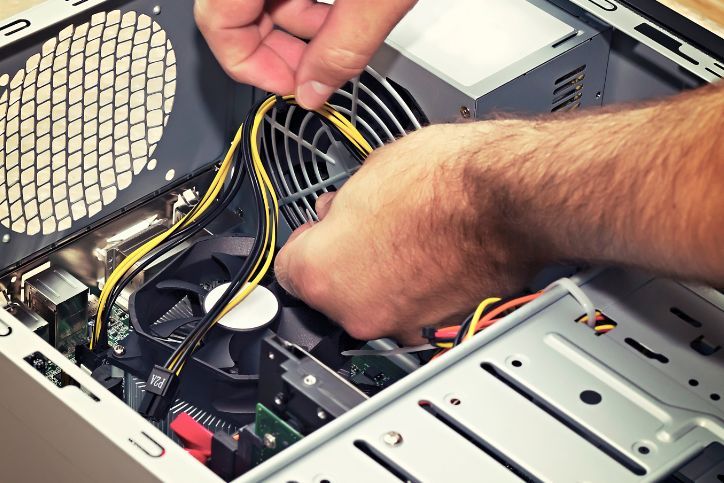Detecting Hardware and Software Malfunctions
Table of Contents
ToggleDifferences Between the Two
If you use a computer enough, then you know how annoying, inconvenient, and costly computer problems can be. But how do you know if the problem you are experiencing is due to a hardware or software malfunction? Usually the answer can be pretty clear. Of course, you probably already know the difference between hardware and software. If not, then allow this brief description clear it up. Hardware is anything that is physically a part or piece of your computer. A few examples would be your CD/DVD drive, your motherboard, and your cooling fan. Software is programming, whether it is loaded from a CD or a DVD, or downloaded from the internet.
When problems with hardware occur they tend to happen rather suddenly, and without much or any warning. Everything may seem fine, but then suddenly your motherboard gives out, or the fan stops working. Of course, problems with motherboards do not happen often, but they do happen. When they do, it can be costly, and can set you back quite a bit, especially if you run a business. Software problems can be equally as costly, but generally aren’t, and can be fixed rather easily. You might lose data, and have to start over again, but instead of going and buying new software, usually you just have to reinstall it or download it again.
Things to look for: Hardware
As stated before, hardware problems generally occur suddenly. But how do you know if you are about to experience, or are experiencing a hardware malfunction? Here are some things to look out for that may indicate a problem is about to occur.
• Keyboard functions, such as Num Lock, or Caps Lock aren’t working, or your mouse isn’t working. This could indicate a problem with the devices themselves, or even a problem with the ports.
• Your computer shuts off moments after starting it (This can be an indication that your fan has stopped working, causing the CPU to overheat.)
• Your hard drive being loud, or making noise. This indicates a problem with your hard drive, and can cause you to have trouble accessing files, as well as a “crash”, or system failure.
• Your screen is jumbled, spotty, or discolored. This indicates a problem with your video card.
Keep in mind that these are just a handful of things to look out for. Not every problem will give warning signs, but these are some of the problems that are most often encountered. Learn what to look for and you can stop and fix the problem before it costs you precious data or money.
Things to look for: Software
When it comes to software, a problem may not be detectable for a little while. Unlike with hardware, a software problem is not going to make itself immediately known. You can go months without any indication of a problem, or you may not even know there is a problem at all until it is too late. Here are a handful of things to look out for when it comes to software problems.
• Your computer is running slow, or is using up too much RAM. This is almost always due to a software problem, and can usually be fixed by going in and cleaning out your Temp Files, Cookies, and browsing history.
• Browser issues can be a sign of a software problem. For example, say you wish to print the same thing from two different browsers, but only one prints.
• A program fails to load. This can indicate compatibility issues, whether it be incompatible with your memory, video/sound cards, or your OS (Operating System).
Always Go With An Expert
Remember, these items listed are only a handful of things to look for, and are meant only as suggestions. If you are experiencing problems with your computer, and do not know what the problem is, it would be best to consult a professional about it. It’s always better to pay a professional than to turn an annoying situation in to a costly one.
Instant Quote
Get A FREE Quote IMMEDIATELY
Other Blogs You May Be Interested In
Categories
Satisfaction Guaranteed
Computer Repair You Can Trust













